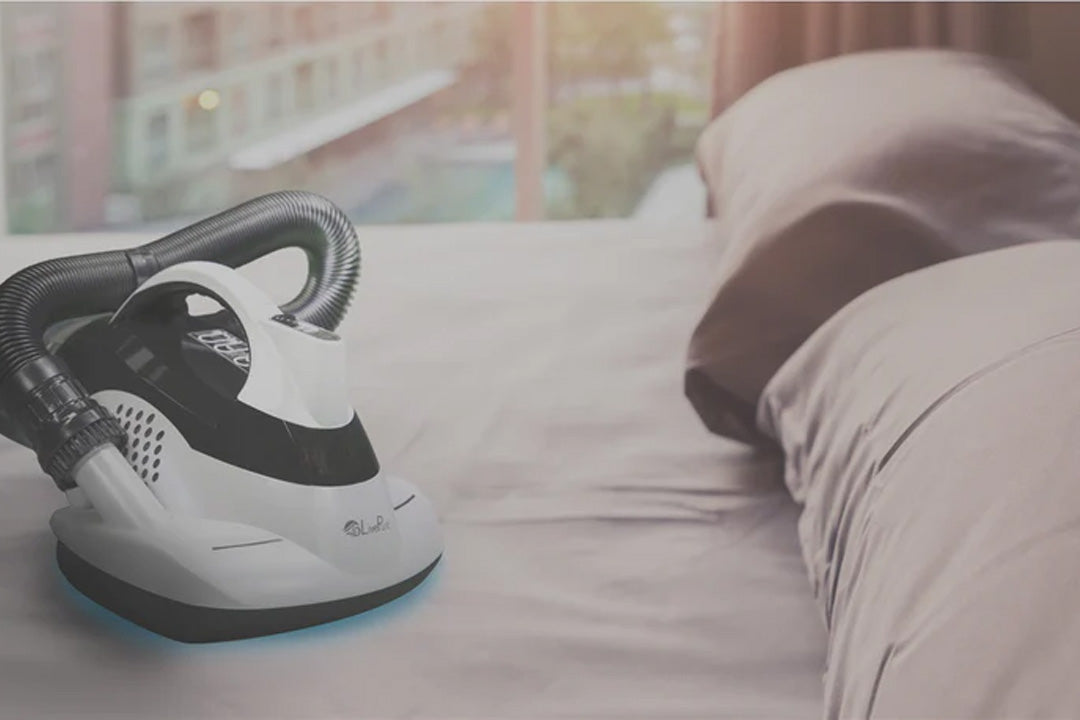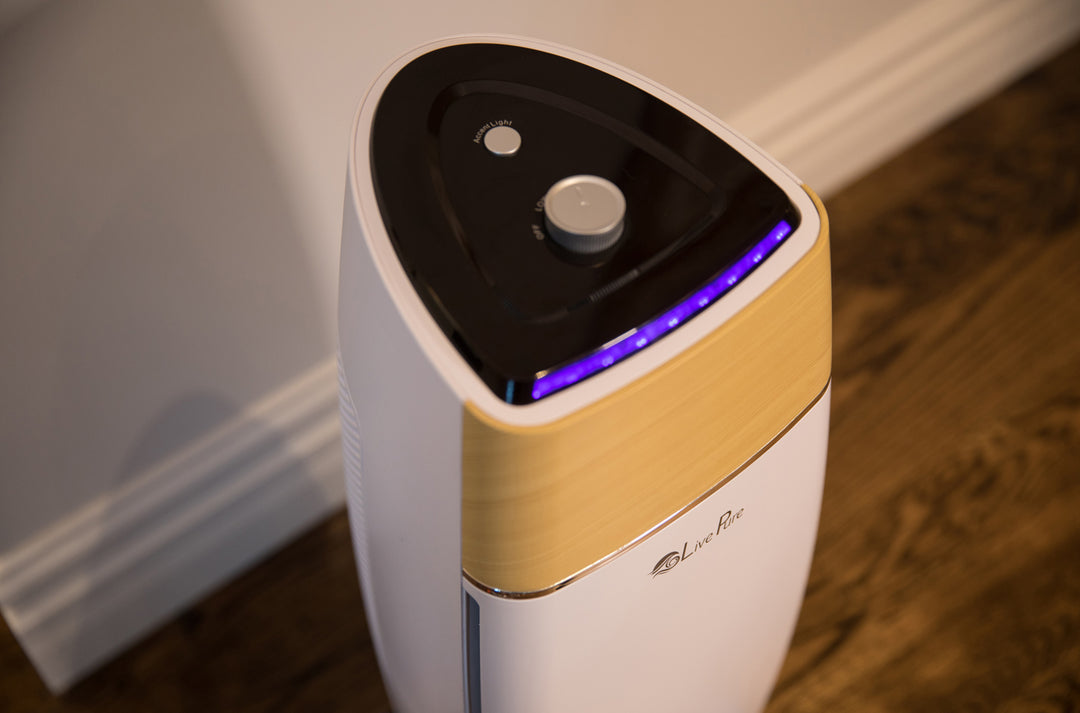Use Humidifiers and Air Purifiers to Relieve Fall Allergies
If you battle with fall allergies every year, you know the inside of your house is your sanctuary. However, those microscopic particles that cause your allergy symptoms can easily creep into your home, turning your safe haven into a war zone. Whether your sneezing, sniffling, or wheezing, fall allergies can be caused by an array of things: ragweed pollen; dust mites; mold; mildew; and even your precious pet. Using both a humidifier and an air purifier can greatly reduce your symptoms and help you breathe, sleep, and live better.
How Can an Air Purifier Help My Allergies?
The name says it all: Air Purifier. And it's one of the best things you can do for you and your home during allergy season - purify your air. Why? Here are a few good reasons:
- Air purifiers remove allergens from the air. When an air purifier is equipped with a True HEPA filter, up to 99.97% of allergens including the most common fall allergy culprit - ragweed pollen - are taken out of your air space. Using HEPA filters and making sure they are replaced when necessary is crucial in ensuring you get the most out of an air purifier and feel the continuous relief from your symptoms.
- Stop symptoms before they start. Allergies aren't caused only by outside elements, but inside ones as well. Pet dander, dust mites, mold, and mildew can trigger allergy-like symptoms. Using an air purifier in your home to remove those triggers can help reduce allergy symptoms before they even start.
- When you breathe better, you sleep better. Sleep doesn't come easy to everyone, and allergies can make sleep even more elusive. Having an air purifier in your bedroom that is constantly removing nasty allergens will help ease the wheezing, allowing you to breathe better and wake up feeling refreshed and rejuvenated.
How Can a Humidifier Help My Allergies?
Pairing an air purifier with a humidifier means double trouble for your allergy symptoms.
- Humidifiers help balance out the humidity in your home. Humidifiers help to add moisture to a dry home. Having low levels of humidity in your home could cause inflamed or irritated nasal passages, rashes, or dry skin. But having too much humidity could cause bacteria, mold, and mildew, to grow - making your allergy symptoms even worse. Proper humidity levels at ideal temperatures can help decrease the severity of your allergy symptoms (clear stuffy noses and tickling throats) and keep allergens like mold at bay. The optimal level of humidity in your home should be between 40 and 50%.
Whether you decide to give an air purifier or humidifier a try, either one will help you not just survive but thrive this fall allergy season.



